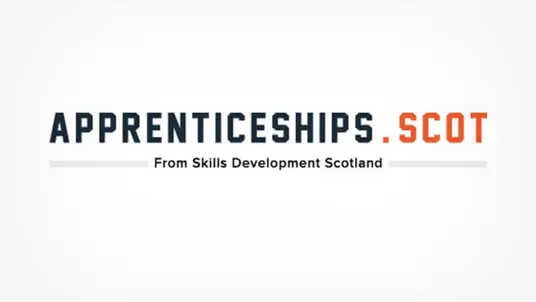How to become a Further Education (FE) tutor
There are several routes to becoming an FE tutor. You could do a university or college course, an apprenticeship, or apply directly to an employer for work.
You should explore these routes to becoming an FE tutor, to find out which is the right one for you. Although some of these options have certain qualification requirements, many employers are more interested in people who are enthusiastic, willing to learn and can follow instructions.
You may need a Construction Skills Certification Scheme (CSCS) card to work on a construction site.
University
To teach academic qualifications such as A levels (or equivalent), you may need a degree in a relevant subject.
You can gain qualifications to become an FE tutor by studying at university. You could complete a Certificate in Education, or a postgraduate diploma or Certificate in Education or lifelong learning.
In addition to a teaching qualification, you will need experience and technical qualifications to become a tutor on a work-related course or apprenticeship scheme.
College/training provider
To become an FE tutor and teach vocational, construction-related subjects, you will need to have previous experience working within the industry. Once you have practical experience, you could apply to a college or training provider to become an FE tutor. Your employer will ask you to complete a Certificate in Education (or equivalent qualification) on the job, within a certain time frame after you start teaching.
Apprenticeship
You could complete a higher apprenticeship with a college or training provider to become an FE tutor. You’ll need to have recent experience of working in the construction industry and previous training or qualifications in the subject you aim to teach.
Apprenticeships are open to anyone over the age of 16. As an apprentice, you will be fully employed by your company and expected to work a minimum of 30 hours a week. Your time will be split between on-the-job experience and a college or training provider.
Work
If you have several years’ experience and qualifications in an area of construction, you could apply directly to an employer, or complete teaching qualifications on-the-job.
Work experience
Work experience is essential to gaining employment within the construction industry and going on to become an FE tutor. You could gain this by working weekends and holidays with a company or relative who works in the industry. Potential employers will always be pleased to see work experience listed on your CV.
Skills
Additional skills which may benefit anyone considering a job as an FE tutor include:
- Prior experience in an area of construction, i.e. joinery, plumbing or electrical installation
- Excellent verbal communication skills
- Knowledge of teaching
- Sensitivity and understanding
- Working well with others.





